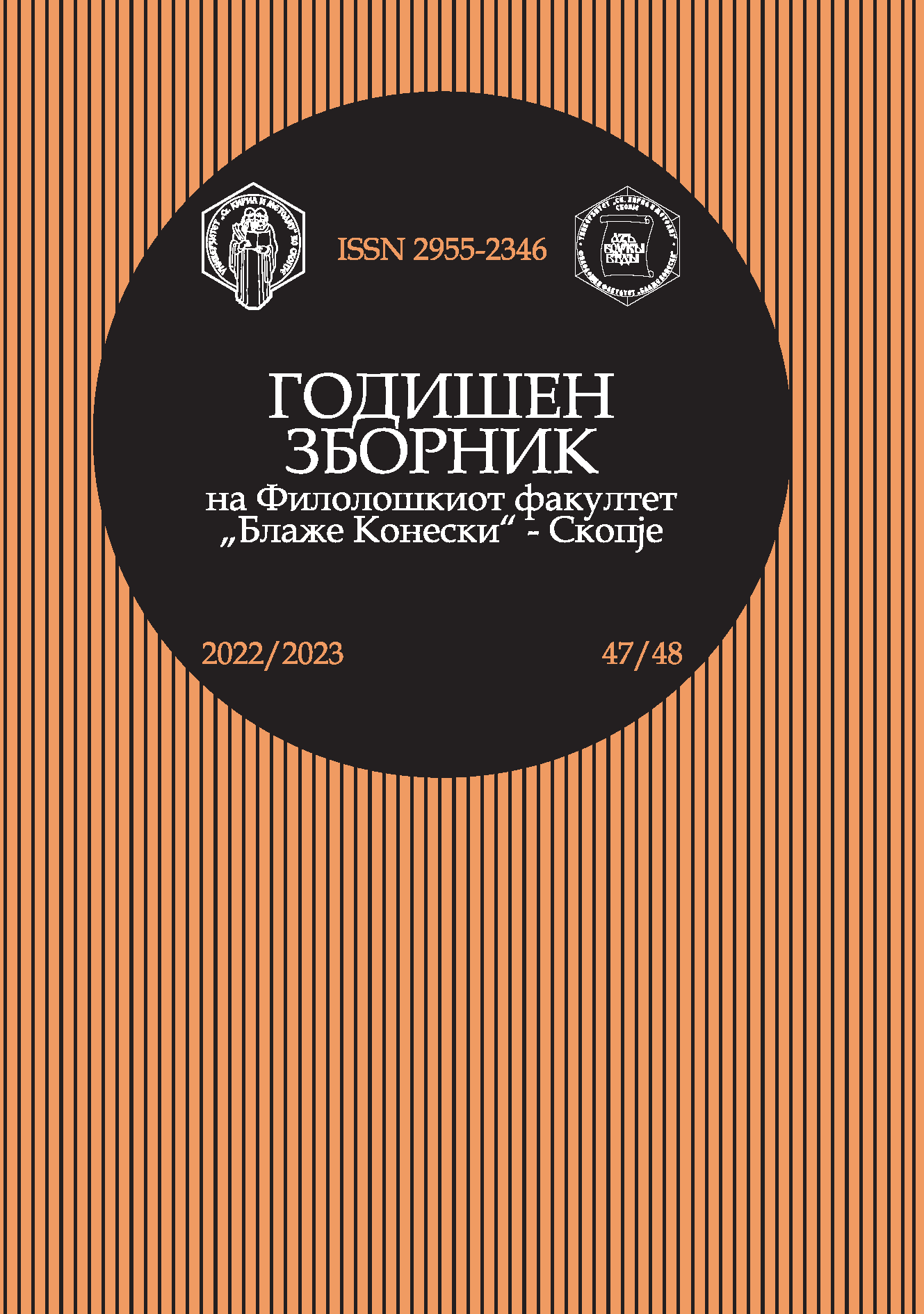Алтернативните форми на оценување во онлајн наставата по англиски јазик како странски во средното образование во Република Северна Македонија
Апстракт
Studying online exchanged the traditional approach of teaching and the passive role of the learners with an interactive approach in which the learners and the teacher create the lessons together. Therefore, it is of the utmost importance to reconsider the appropriateness of traditional assessment and to research the utilization of the alternatives in assessment, which correspond to online education. Тhis study establishes the level of implementation of the alternatives in assessment in secondary schools in the Republic of North Macedonia, the impact of self-assessment, peer-assessment and portfolio on learners’ motivation for studying, as well as EFL teachers’ and learners’ perceptions of these assessment techniques, by means of a survey-one for teachers and one for students. The results show the positive teachers’ and learners’ perceptions towards the implementation of portfolio, self-assessment and peer-assessment in an EFL online classroom, but also that their use is at a low level which requires improvement. What is more, these alternatives in assessment have a positive influence on learners’ motivation for studying and their overall success. According to that, it is necessary to come up with an efficient permanent implementation of these forms of assessment in the EFL classroom.
Downloads
Референци
Николовска, А. (2015) За самооценувањето на учениците: можности и предизвици. Литературен збор, 4-6, 141-150.
Николовска, А., Беќар, М., Наумоска, Б., Трајкова, З. (2022) Развивање на јазичните компетенции на идните наставници по англиски јазик со формативно оценување. Универзитет „Св. Кирил и Методиј“.
Пеев, А. (2010) Е-пошта, и се вежба, и се оценува. Во Оценување за учење во 21 век: збирка на примери од практика. Скопје: Македонски центар за граѓанско образование, 46-49.
Талевски, Ј. (2011) Самооценување и оценување од соученици. Битола: Педагошки факултет „Св. Климент Охридски“.
Bandura, A. (1994) Self-efficacy. In V. S. Ramachaudran (Ed.), Encyclopedia of human behavior, 4, 73. New York: Academic Press.
Boettcher, J. V. & Conrad, R. (2016) The online teaching survival guide: simple and practical pedagogical tips (2nd ed.). San Francisco, CA: Jossey-Bass.
Dornyei, Z., & Ushioda, E. (2009) Motivation, Language Identity and the L2 Self. Multilingual Matters.
Mintah, J. (2003) Authentic Assessment in Physical Education: Prevalence of Use and Perceived Impact on Students’ Self-Concept, Motivation, and Skill Achievement. Measurement in Physical Education and Exercise Science, 7, 161-174.
Orsmond, P. (2004) Self- and Peer- Assessment: Guidance on Practice in the Biosciences. The Higher Education Academy.
Rennert-Ariev, P. (2005) A theoretical model for the authentic assessment of teaching. Practical Assessment, Research, and Evaluation, 10 (2).



